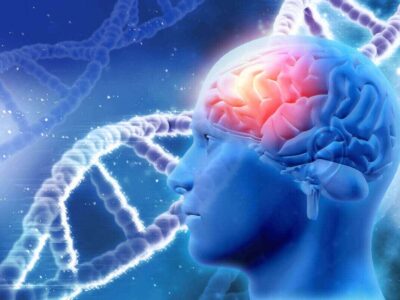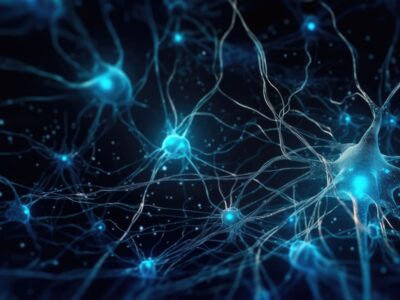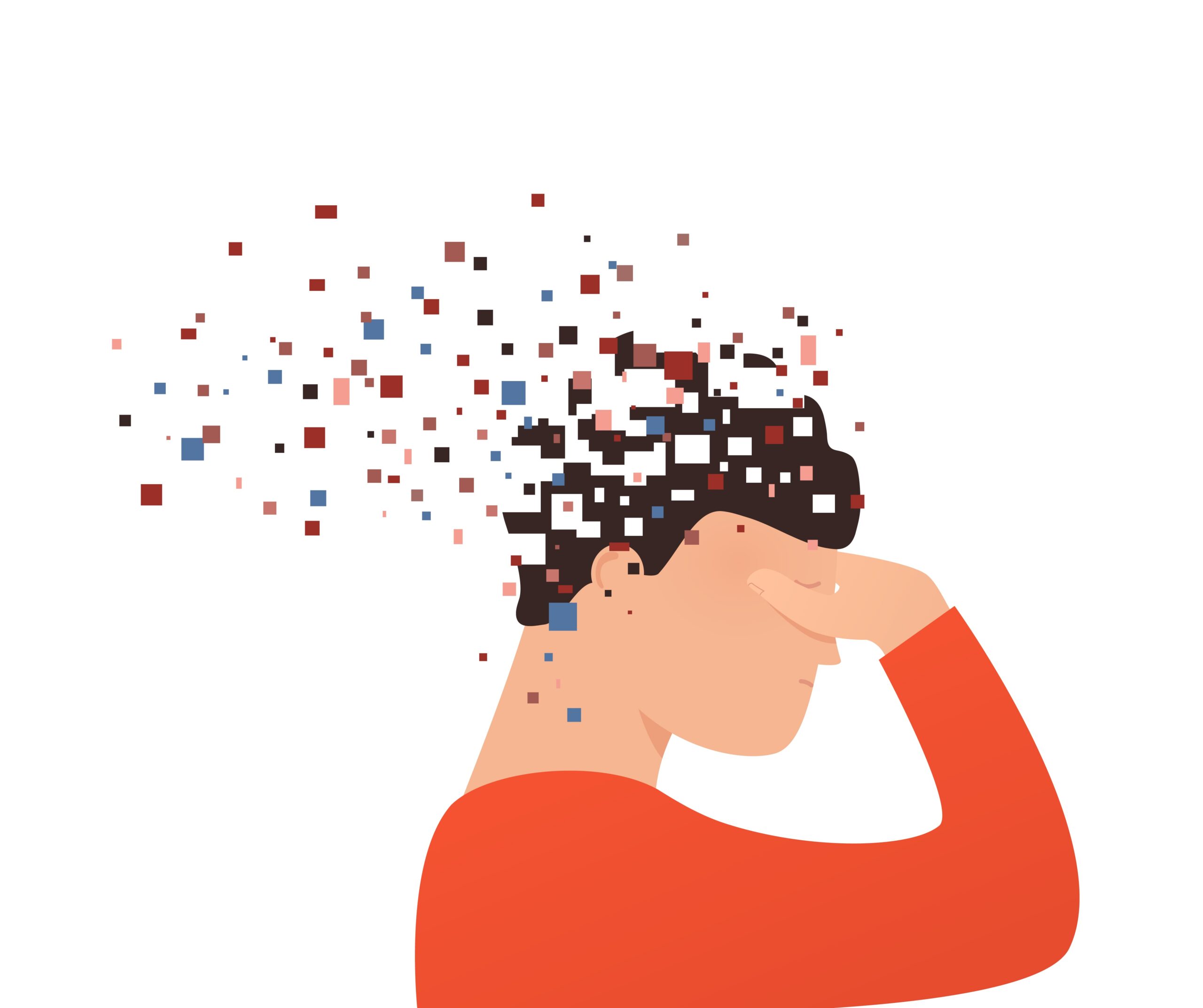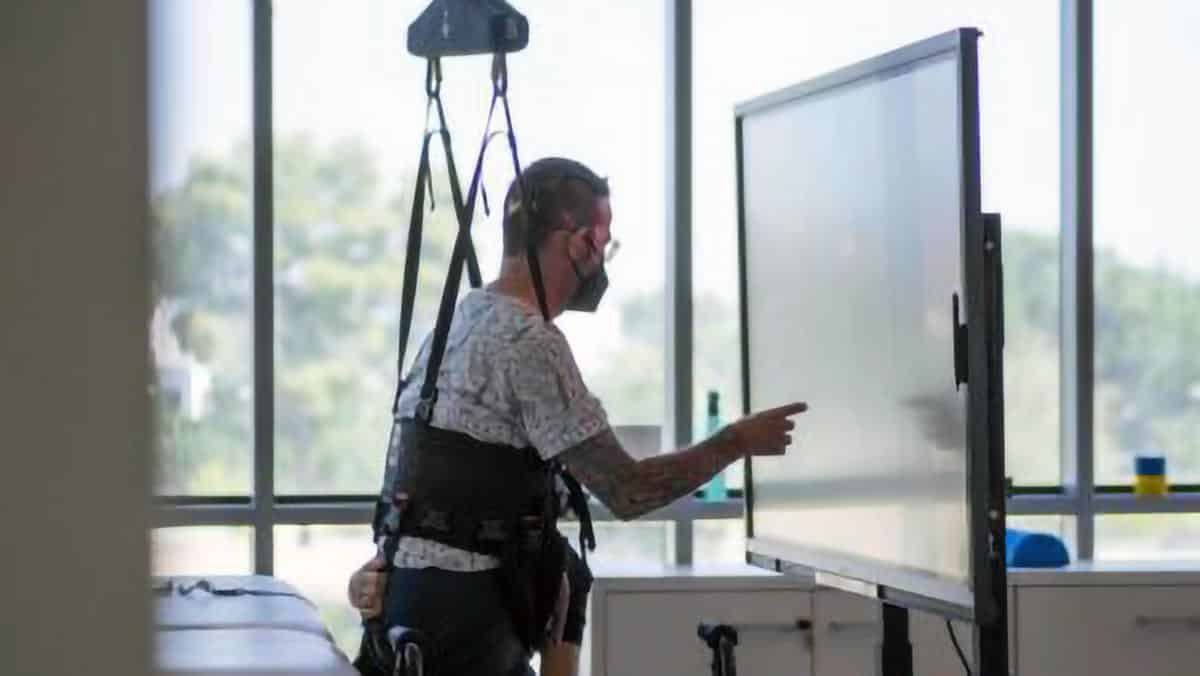We use own and third party cookies to analyze the use of the website and customize it to your preferences.
The storage or technical access is strictly necessary for the legitimate purpose of enabling the use of a specific service explicitly requested by the subscriber or user, or for the sole purpose of carrying out the transmission of a communication over an electronic communications network.
The storage or technical access is necessary for the legitimate purpose of storing preferences not requested by the subscriber or user.
El almacenamiento o acceso técnico que es utilizado exclusivamente con fines estadísticos.
Technical storage or access that is used for anonymous statistical purposes only. Without a request, voluntary compliance by your Internet Service Provider, or additional records from a third party, information stored or retrieved solely for this purpose cannot be used to identify you.
The storage or technical access is necessary to create user profiles to send advertising, or to track the user on a website or multiple websites for similar marketing purposes.









